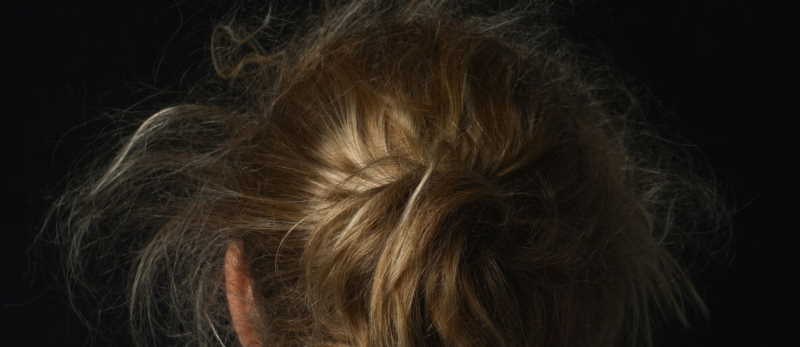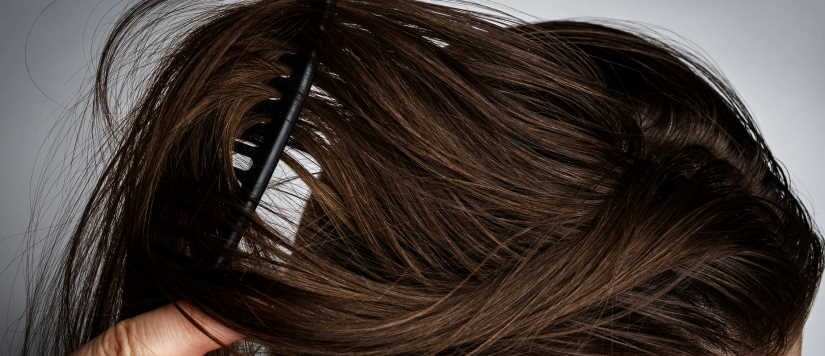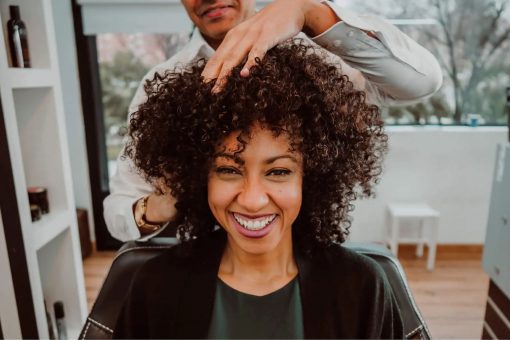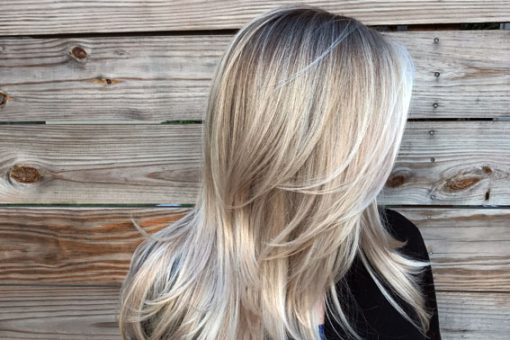It’s no secret that damaged hair requires extra care. But what are the signs of damage, and how can you restore your locks to their former glory? This post will outline the common symptoms of damaged hair, as well as tips for prevention and treatment. Keep reading to learn more!
What are the symptoms of damaged hair?
There are a few key symptoms of damaged hair that you should be aware of. These include:
- Split ends
- Frizziness
- Tangles
- Dryness
- Brittleness
It is one of the most common signs of damage. If you notice that your hair is starting to split at the ends, it’s time to take action!
Frizziness is often a sign of damaged hair, especially if it’s accompanied by static electricity.
Damaged hair is more likely to tangle, so be sure to brush and detangle it regularly.
Damaged hair can be very dry and brittle. Be sure to use a moisturizing shampoo and conditioner, and consider using a hair mask once or twice a week.
Damaged hair is often very brittle and can easily break. Try to be gentle with your hair when you’re styling it, and avoid using heat-based styling tools as much as possible.

How can you prevent damage?
There are a few things you can do to prevent damage to your hair. These include:
- Using a heat protectant
- Avoiding excessive sun exposure
- Using a clarifying shampoo
- Avoiding over-styling
If you’re going to use a hairdryer, flat iron, or another heat-based styling tool, be sure to use a heat protectant. This will help to protect your hair from the heat and prevent damage.
Excessive sun exposure can cause damage to your hair, so be sure to protect it with sunscreen or a hat when you’re outdoors.
If you have hard water, using a clarifying shampoo once a week can help to prevent build-up and damage.
Try to avoid over-styling your hair, especially with heat-based tools. If you can, give your hair a break every once in a while and let it air-dry naturally.
What can you do to treat damage?
If you’ve already noticed signs of damage, there are a few things you can do to restore your hair to its former glory. These include:
- Using a deep-conditioning treatment
- Applying a hair mask
- Using a serum or oil
- Getting a trim
- Using a color-safe shampoo and conditioner
A deep-conditioning treatment can help to repair damaged hair and make it softer and more manageable.
Hair masks are a great way to nourish and moisturize dry, damaged hair.
Serums and oils can help to seal in moisture and repair damaged hair.
If your hair is severely damaged, you may need to get a trim to remove the split ends.
Color-safe shampoo and conditioner can help to protect your hair from damage caused by hair dye.





